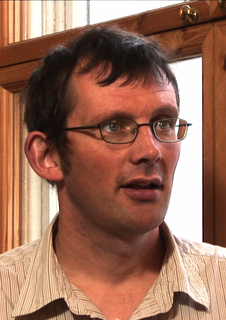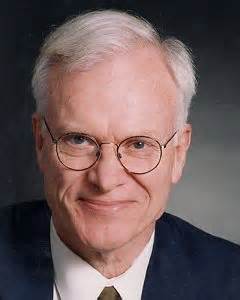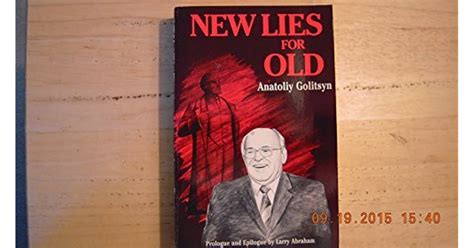A Quote by Rob Hopkins
Voices of Transition educates, opens minds to new possibilities and presents a new vision of how our food system could be. As a historic transition unfolds, this film is a very powerful tool.
Related Quotes
It isn't the changes that do you in, it's the transitions. Change is not the same as transition. Change is situational: the new site, the new boss, the new team roles, the new policy. Transition is the psychological process people go through to come to terms with the new situation. Change is external, transition is internal
When Cuba lost their fossil fuel pipeline when the Soviet Union collapsed in 1990. Overnight they had no choice, they had to transition to clean energy, they didn't have any fuel to burn, and they also had to transition to a healthy food system, an organic system - their economy is crashing, this was not a planned transition. This was a crisis, but a crisis nonetheless, in which pollution went away. And it's very instructive to see what happened to their health.
New approaches are needed, new orientations in both thought and action. We must make the transition to a new civilization...We are talking of a transition toward a new civilization. No one knows what it will be like. What is important is to orient in that direction... I am convinced that a new civilization will inevitably take on certain features that are characteristic of, or inherent in, the socialist ideal.
We've got to establish a Socialist economic structure that will limit private profit-oriented businesses. Whether the transition is peaceful depends on the way our present governmental leaders react. We must commit our lives to this transition ...... We should be very proud of our new breed of soldier. It's not organized but it's mutiny, and they have every right.
The Soviet transition to a new political structure shows that the Soviet strategists are thinking, planning and acting in broad terms, way beyond the imagination of Western politicians. For this reason Western politicians cannot grasp the fact that the Soviet intention is to win by 'democratic' means. Through transition to a new system, the Soviets are revitalising their own people and institutions, and they are succeeding. Contrary to Western belief, they are holding their ranks together.
Historically, women's voices were central to food narratives, yet they were marginalized, and what happened at the table, the kitchen, the garden, and the fields was silenced. I'm very interested in how food appears in the historical record and animates our understanding of the South. It provides texture both to the past and to our contemporary experience. My work is not about discovering new voices, but rather it encourages voices that have been silenced to come forward and speak a little louder.
Avataric periods are like the spring-tide of creation. They bring a new release of power, a new awakening of consciousness, a new experience of life - not merely for a few, but for all. Qualities of energy and awareness, which had been used and enjoyed by only a few advanced souls, are made available for all humanity. Life, as a whole is stepped up to a higher level of consciousness, is geared to a new rate of energy. The transition from sensation to reason was one such step; the transition from reason to intuition will be another.
What people that are professionals in the art world - both in literature and the other arts - always try to do is to recognize the feasibility of making the transition from the particular to the general - to make the transition from the portrait of one postman - to take Van Gogh, for example, to something that is every postman. That synecdotal transition that most selfies don't make. But we who live in this world, and not simply in our private realities, understand that that's the transition our art has to make.
It was probably very difficult to go from Chinese and then suddenly go to kindergarten and start speaking English; it's very hard to transition back and forth when you are in that pivotal age. It's also hard to transition back, but if I was immersed in the country for a given amount of time, you are surrounded by it, everyone is speaking, you are learning new things, you are practicing all the time.
The problems that we are facing are multiplying on the planet - economic, environmental, social, political upheaval, the list goes on. It's a time of change and transition and, as I see it, we are entering a new state of consciousness. It's a transition between one state of consciousness and another. It's an evolutionary leap that is happening.






































